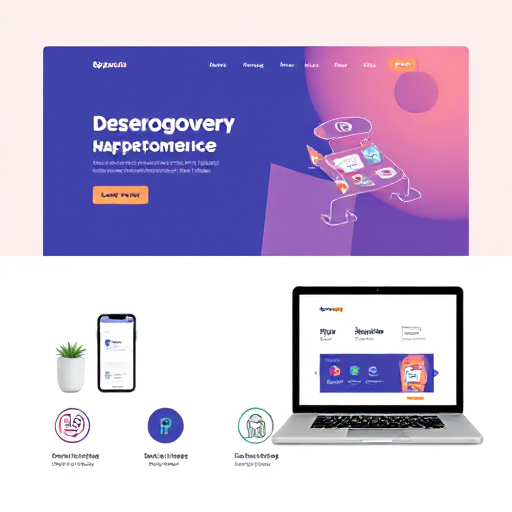Blogging And Journaling: The Perfect Pair For Self-Expression And Success
Blogging and journaling may seem like two different forms of writing, but they share a lot of similarities. Both offer a powerful outlet for self-expression, creativity, and reflection. While blogging has evolved into a professional pursuit for many, journaling remains a personal practice for others. However, combining the two can lead to even more growth, whether you’re looking to share your thoughts with the world or simply develop a deeper connection with yourself.
Find Out How To Make Money As A Full-Time Writer/Blogger Guide
1. The Key Differences Between Blogging and Journaling
- Purpose: Blogging is typically more public and focused on providing value to an audience. It involves writing posts on specific topics, sharing insights, or promoting products or services. Journaling, on the other hand, is often personal and reflective. It’s more about capturing your thoughts, experiences, and feelings for your own benefit.
- Tone and Style: Blogs are generally written in a conversational, informative, or persuasive tone, while journal entries are more informal and can be introspective. Bloggers focus on engaging readers, whereas journaling can be more of an emotional or creative outlet.
- Structure: Blog posts often follow a structured format with headings, subheadings, and call-to-action statements. Journals are free-form and spontaneous, allowing for stream-of-consciousness writing without worrying about format or style.
2. How Blogging Can Benefit from Journaling
Many bloggers find that journaling helps them become better at writing and content creation. Here’s how:
- Idea Generation: Journaling can spark fresh ideas for blog posts. By writing freely and exploring your thoughts, you may discover topics that resonate with you and your audience.
- Improved Writing Skills: The practice of journaling improves your writing flow, making it easier to express ideas clearly and concisely for blog readers.
- Emotional Clarity: Journaling helps you process emotions and reflect on experiences, which can make your blog more authentic and relatable.
Find Out How To Make Money As A Full-Time Writer/Blogger Guide
3. How Journaling Can Benefit from Blogging
Journaling doesn’t have to be a solitary practice. Bloggers who journal often use their personal writings as inspiration for more formal blog posts. Here’s how blogging enhances journaling:
- Discipline: Blogging requires a certain level of consistency and discipline. This can translate into your journaling routine, helping you make it a regular habit.
- Feedback: Engaging with blog readers provides feedback that can enhance your journaling practice. Comments and discussions on blog posts can offer perspectives that you might not have considered.
- Creative Exploration: Blogging challenges you to approach topics from various angles, which can inspire more in-depth and creative journaling.
4. Combining Both Practices for Growth
Blogging and journaling can be a dynamic combination for personal and professional development. Here’s how you can use both to your advantage:
- Create a Blog Journal: You can start a blog that doubles as a personal journal. Share your daily thoughts, experiences, and reflections, while still providing value to readers.
- Use Your Journal for Content Creation: Review your journal entries to find inspiration for blog posts. For example, if you wrote about a recent trip, you can turn that entry into a travel blog post.
- Track Your Progress: If you’re working on a long-term project (like building your blog), journaling about your progress allows you to reflect on your journey and document your learning.
Find Out How To Make Money As A Full-Time Writer/Blogger Guide
5. Tools for Blogging and Journaling
Whether you’re writing a blog or a journal entry, the right tools can make a difference in your creative process:
- Blogging Tools: Platforms like WordPress, Medium, or Substack offer easy ways to start blogging. SEO tools such as Google Analytics and Yoast can help you optimize content for search engines.
- Journaling Tools: Apps like Day One, Penzu, or traditional notebooks can be great for keeping a daily journal. Many digital journaling tools allow you to sync entries across devices and keep your thoughts organized.
Both blogging and journaling offer unique opportunities for self-expression and growth. While blogging allows you to share ideas with the world and engage with a community, journaling helps you reflect on your personal journey. Together, they can help you become a better writer, more creative, and more in touch with your thoughts. Whether you are blogging for profit or journaling for self-discovery, integrating both practices into your life can lead to greater success, both personally and professionally.







